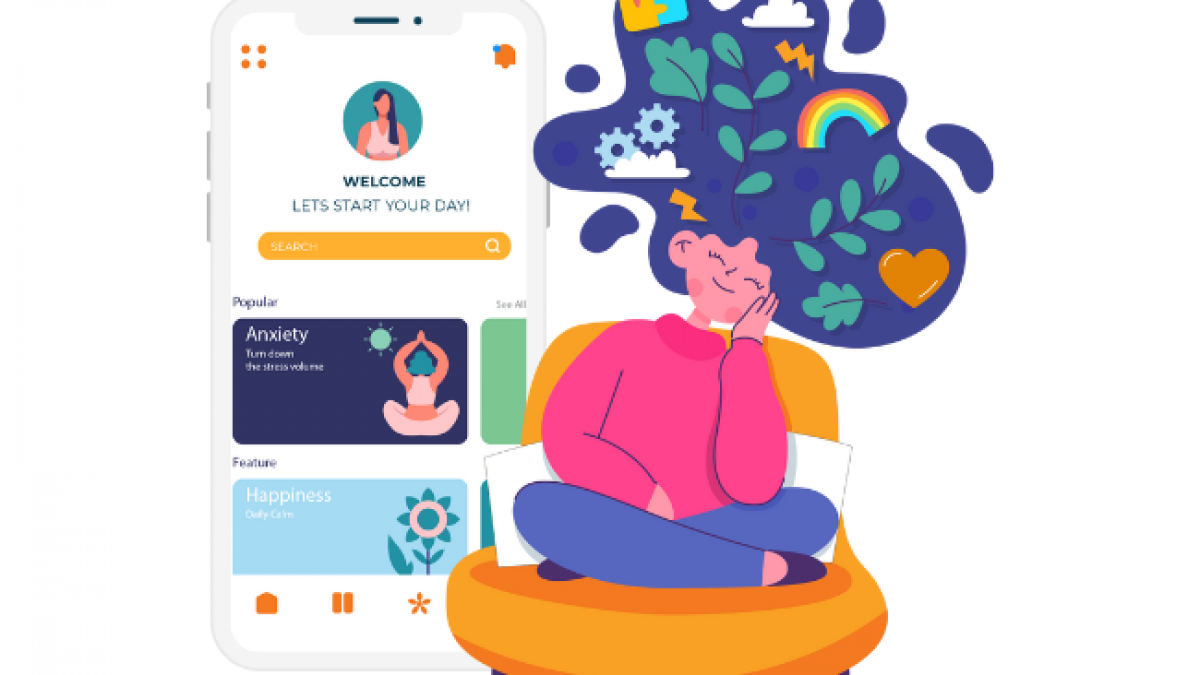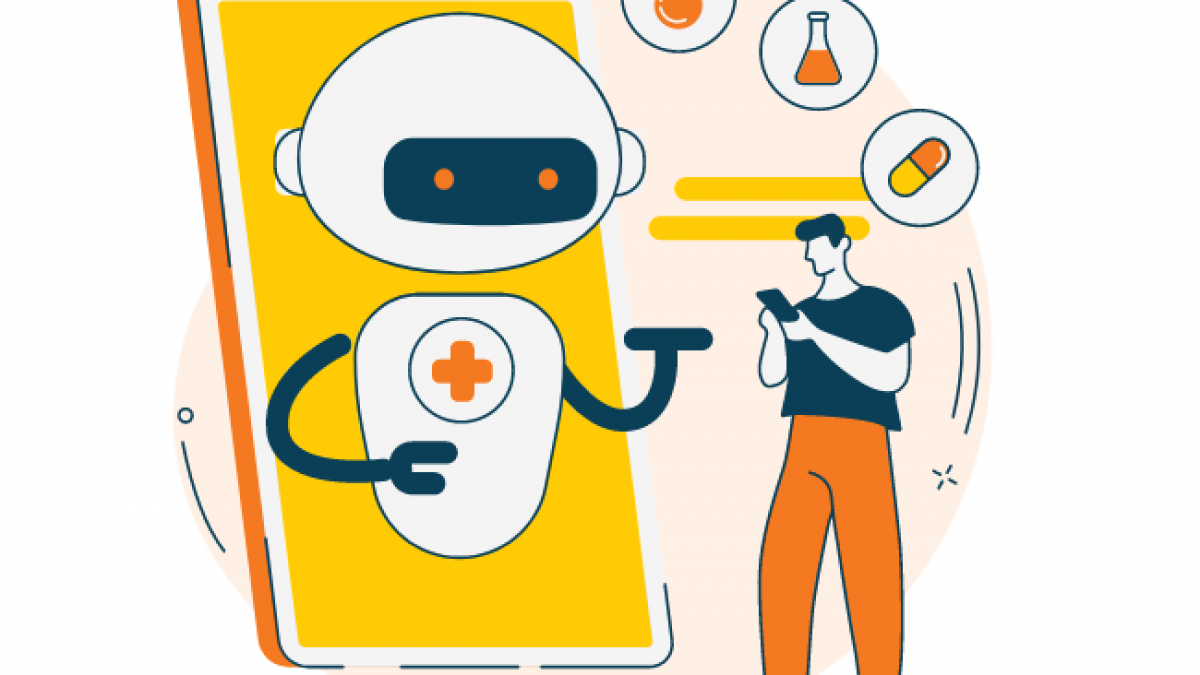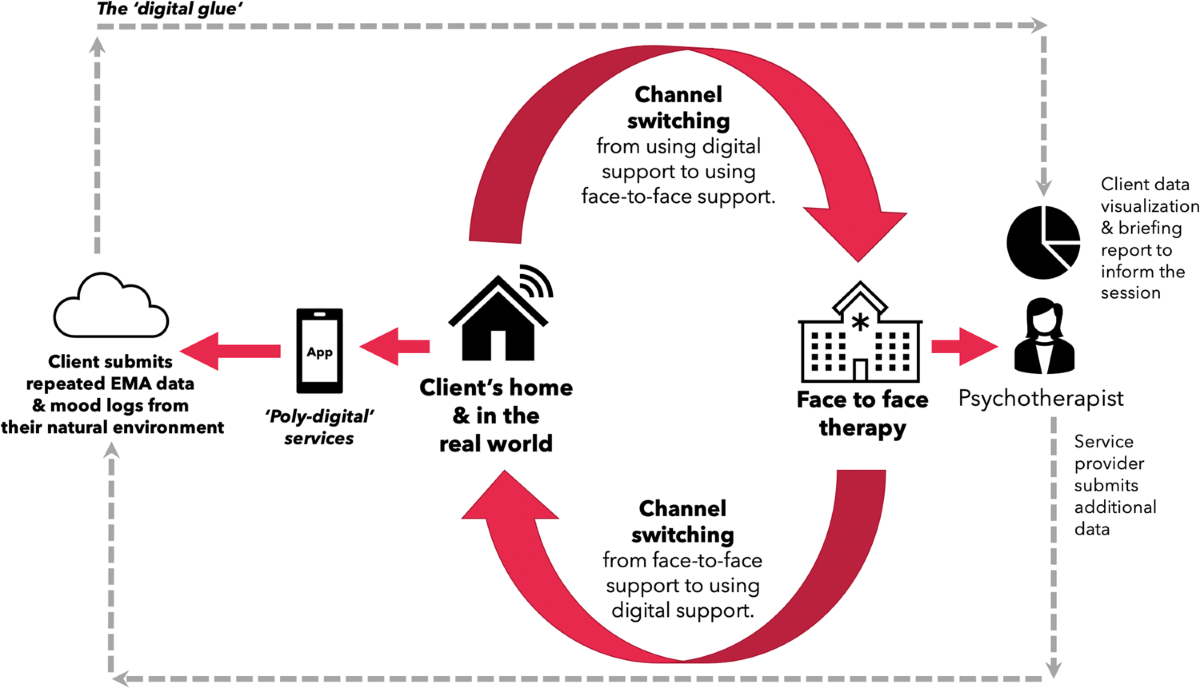The Mental Health Movement: Wellness Tools, Apps & Cultural Shifts
The Mental Health Movement: Wellness Tools, Apps & Cultural Shifts
:max_bytes(150000):strip_icc()/vwm-best-mental-health-apps-tout-04fea5cdb8944a16a88adc8dfe19f5f7.jpg)
Table of Contents
- The Cultural Transformation of Mental Health
- Digital Wellness Revolution: Apps Leading Change
- Workplace Mental Health: Apps Transforming Corporate Culture
- AI-Powered Mental Health Support Systems
- Challenges and Future Opportunities
- Measuring the Impact of Digital Mental Health
- Frequently Asked Questions
The mental health landscape has undergone a revolutionary transformation over the past decade, shifting from stigmatized silence to open dialogue and innovative digital solutions. What once required in-person therapy sessions and lengthy waiting lists now includes a vast ecosystem of wellness tools, mobile applications, and culturally progressive approaches that make mental health support more accessible than ever before.
This movement represents more than technological advancement—it's a fundamental cultural shift that has democratized mental healthcare, empowered individuals to take control of their wellbeing, and created new pathways for healing that transcend traditional barriers of cost, location, and social stigma.
The Cultural Transformation of Mental Health
The mental health movement has experienced unprecedented momentum, particularly accelerated by the global pandemic's impact on collective wellbeing. Society has moved from viewing mental health as a personal weakness to recognizing it as an essential component of overall health.

This cultural shift manifests in several key areas:
- Workplace acceptance: Companies now prioritize employee mental health, with 68% of organizations offering mental wellness programs
- Celebrity advocacy: Public figures openly discuss their mental health journeys, normalizing these conversations
- Educational integration: Schools implement social-emotional learning curricula and mental health awareness programs
- Media representation: Mental health storylines in entertainment have become more nuanced and destigmatizing
The movement has also embraced intersectionality, recognizing that mental health experiences vary across cultural, racial, and socioeconomic lines. This awareness has led to more inclusive approaches to wellness that acknowledge diverse perspectives and healing traditions.
Digital Wellness Revolution: Apps Leading Change
The mental health app market has experienced explosive growth, reaching a valuation of $7.48 billion in 2025 with projected annual growth rates of 14-17%. This isn't just market expansion—it represents a fundamental shift in how people access and engage with mental health resources.
Key Categories of Mental Wellness Apps

Mindfulness and Meditation Platforms: Apps like Headspace and Calm have revolutionized meditation practice, making ancient mindfulness techniques accessible through guided sessions, breathing exercises, and sleep stories. These platforms report over 100 million combined downloads, demonstrating massive public interest in contemplative practices.
Cognitive Behavioral Therapy (CBT) Tools: Digital CBT applications such as MoodKit and Woebot integrate evidence-based therapeutic techniques into daily life. These apps help users identify negative thought patterns, develop coping strategies, and track emotional responses over time.
Mood Tracking and Analytics: Applications like Daylio and MoodNotes enable users to monitor emotional patterns, identify triggers, and gain insights into their mental health trends. The data-driven approach empowers individuals to make informed decisions about their wellbeing.
Personalization Through Technology
Modern mental health apps leverage artificial intelligence to create personalized experiences that adapt to individual user needs. These systems analyze user behavior, mood patterns, and engagement levels to deliver customized interventions, making each app experience unique and potentially more effective.
Workplace Mental Health: Apps Transforming Corporate Culture
The integration of mental health apps into workplace wellness programs represents a significant cultural shift in how organizations support employee wellbeing. Companies report up to 30% reductions in mental health-related absenteeism when implementing comprehensive digital wellness solutions.

Enterprise Mental Health Solutions
Leading workplace wellness apps offer features specifically designed for professional environments:
- Stress management tools: Quick interventions for high-pressure situations
- Team building features: Group meditation sessions and wellness challenges
- Manager resources: Training modules for supporting team mental health
- Analytics dashboards: Anonymized insights into organizational wellness trends
Companies like Ahead provide emotional intelligence coaching that helps employees navigate workplace relationships and manage professional stress more effectively. These tools have become essential components of modern employee benefits packages.
AI-Powered Mental Health Support Systems
Artificial intelligence has emerged as a game-changing force in mental health support, offering 24/7 availability and personalized interventions that were previously impossible at scale.

Revolutionary AI Applications
Predictive Analytics: AI systems can identify early warning signs of mental health crises by analyzing communication patterns, app usage data, and behavioral changes. This capability enables proactive intervention before conditions escalate.
Virtual Therapists: AI-powered chatbots like Woebot provide immediate support using evidence-based therapeutic techniques. These digital companions offer consistent availability and remove barriers that might prevent individuals from seeking help.
Personalized Treatment Plans: Machine learning algorithms analyze user responses to different interventions, continuously refining treatment approaches to maximize effectiveness for each individual.
Integration with Wearable Technology
The convergence of mental health apps with wearable devices creates comprehensive wellness monitoring systems. Smartwatches and fitness trackers now monitor stress levels, sleep quality, and other physiological indicators of mental health, enabling real-time interventions.
Challenges and Future Opportunities
Despite remarkable progress, the mental health app movement faces significant challenges that must be addressed to realize its full potential.
Critical Challenges
Data Privacy and Security: Mental health information represents some of the most sensitive personal data. Robust encryption, transparent privacy policies, and compliance with healthcare regulations are essential for maintaining user trust.
Clinical Validation: Many apps lack rigorous scientific validation of their effectiveness. The industry is moving toward evidence-based approaches that demonstrate measurable outcomes through peer-reviewed research.
Digital Divide: Access to mental health apps depends on smartphone ownership and reliable internet connectivity, potentially excluding underserved populations who might benefit most from accessible mental health resources.
Emerging Opportunities
The future of digital mental health holds exciting possibilities including virtual and augmented reality therapeutic experiences, advanced natural language processing for more sophisticated chatbot interactions, and integration with electronic health records for comprehensive care coordination.
Measuring the Impact of Digital Mental Health
The effectiveness of the mental health app movement can be measured through multiple metrics that demonstrate both individual and societal benefits.

Quantifiable Outcomes
Research indicates that users of mental health apps report significant improvements in their wellbeing:
- 75% increased engagement compared to traditional digital health tools
- 40% reduction in reported anxiety levels within three months of consistent use
- 50% decrease in mental health-related sick days in workplace implementations
- 29% year-over-year growth in mental wellness app downloads, indicating sustained demand
These metrics demonstrate that digital mental health solutions are not just convenient alternatives but effective tools for improving mental wellbeing at scale.
Frequently Asked Questions
Are mental health apps as effective as traditional therapy?
Mental health apps are most effective as complementary tools rather than complete replacements for traditional therapy. Studies show significant benefits for mild to moderate symptoms, but severe mental health conditions typically require professional intervention. Many apps now integrate with healthcare providers to support comprehensive treatment approaches.
How do I choose the right mental health app for my needs?
Consider your specific goals (stress reduction, mood tracking, meditation), preferred interaction style (guided sessions vs. self-directed tools), and any clinical recommendations from healthcare providers. Look for apps with evidence-based approaches, strong privacy policies, and positive user reviews from people with similar needs.
What privacy protections should I expect from mental health apps?
Reputable mental health apps should offer end-to-end encryption, transparent data usage policies, compliance with healthcare privacy regulations (like HIPAA), and user control over data sharing. Always review privacy policies before sharing sensitive information and choose apps from established developers with strong security track records.
How is AI changing mental health support?
AI enables 24/7 availability, personalized interventions based on individual patterns, predictive analytics for early intervention, and scalable support that can reach more people than traditional therapy alone. However, AI tools work best as supplements to human care rather than complete replacements.
Can employers access my mental health app data?
Legitimate workplace wellness programs should only receive anonymized, aggregate data that helps organizations understand overall team wellness trends without identifying individual users. Always verify data sharing policies before using employer-provided mental health apps and understand your rights regarding personal health information.
Join the Mental Health Movement
The transformation of mental healthcare through digital innovation represents one of the most important cultural shifts of our time. By embracing these tools and continuing to reduce stigma, we're building a world where mental wellness is prioritized and accessible to all.
Share this article to help spread awareness about the mental health movement and the powerful role that wellness tools and apps play in creating positive cultural change.